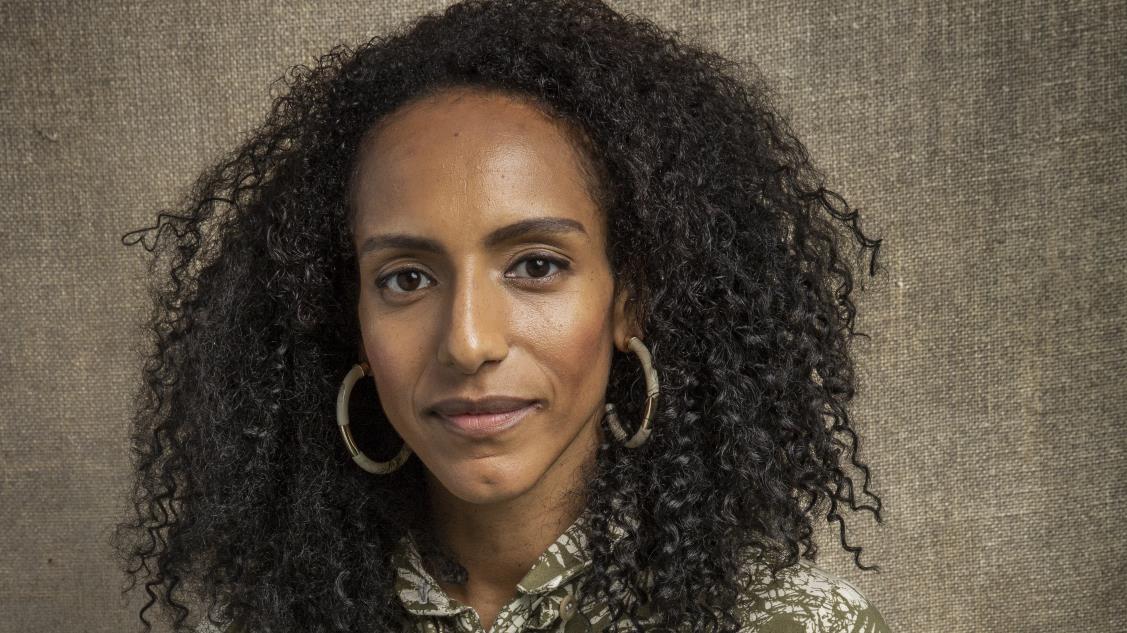
Hirsch said when people say they don’t see race, they have the luxury of saying they don’t see race because they're enjoying whiteness. She said, “It’s akin to saying, I don’t see history, I don’t see structural disadvantage, I’m shutting my eyes to a racialized reality that is disadvantaging people around me”. She continued, “You cannot be part of the solution if you are closing your eyes to the problem”.
She also discussed her take on Meghan Markle becoming part of the Royal family, and entering what she referred to as “perhaps the whitest place in all of humanity”.
She discussed generational attitudes about race, “gratitude” and “white approval” and said in discussions of multi-culturalism the implication of the term tolerance is “You are a problem but I’m going to put up with it”.
Answering audience questions on Brexit and being part of the solution to systemic racism, Hirsch said that collectively “we need to understand the ways in which we have been racialized” and that society must “develop a better language for talking about race”.
Hirsch discusses these issues in her first book, Brit(ish): On Race, Identity and Belonging published earlier this year
If you missed this you might enjoy Event 99, Black and British: A Forgotten History, David Olusoga at 2.30pm on Sunday 27th May at Oxfam Moot